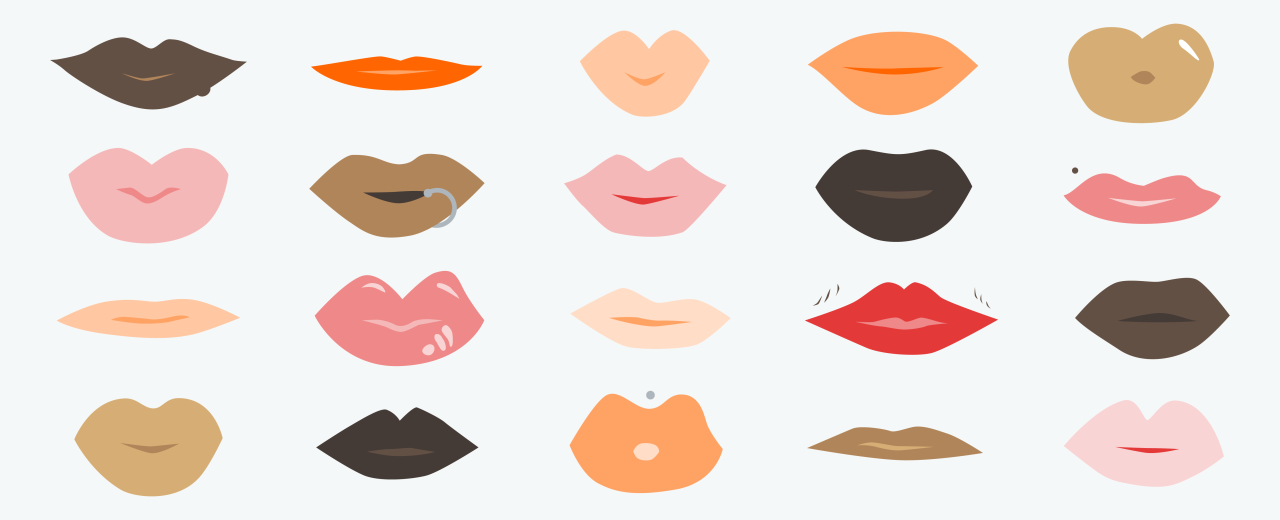What kissing can really tell you about your partner
According to science


According to science
Words by Claire McWeeney from Clue
Have you ever found somebody appealing, but after kissing them you were no longer interested? That may actually be your genes saying, 'Nope! This one is not the one for you.'
According to a study done by the University of Oxford, kissing is an important behaviour in sexual relationships for a few reasons: mate assessment, a means to initiate arousal for sex and behaviour to maintain closeness in a relationship.
The report by Oxford states initial instinctual attraction between people is based on facial and body cues – but to determine whether a person is worthy of long term commitment, kissing may be crucial. It’s a means of courtship, and through this phase it serves as indicator of mate compatibility.
When a kiss occurs, there’s a complex exchange of 'visual, tactile, postural and chemical information based on olfactory and gustatory cues'. Components triggered at the moment of a kiss evaluate subtle factors of a person’s general health, which determines 'genetic compatibility and reproductive viability,' bad breath or oral lesions could be symptomatic of poor resistance to pathogens.
Basically, if you explore a sexual prospect’s mouth with your own mouth and you feel aloof afterwards, it’s possible you subconsciously detected signals of subpar overall health; and if you’re fertile, you don’t want their genes in your offspring. So in the words of Sylvia Plath, 'Kiss me, and you will see how important I am.'
Celebrity news, beauty, fashion advice, and fascinating features, delivered straight to your inbox!
The menstrual cycle contributes to kissing’s significance. One study observed people in their late follicular phase may deem kissing to be of particular importance. Ovulation – when chances of conception are highest – occurs mid cycle, between the follicular and luteal phases. So, kissing is thought to be extra significant during the end of the first part of the cycle because it includes the fertile window, ie. the time when becoming pregnant is possible so mate evaluation is heightened. During the late follicular phase, the top preference in a partner’s qualities was found to be fitness, which can be representative of quality of health.
Kissing has also been connected to greater sexual satisfaction. Locking lips – particularly with saliva exchange – serves as a way to facilitate arousal, which was found to enhance a sexual experience for most people.
One study found that people who engage in more foreplay (which included deep kissing) and affectionate behaviour after sex (gentle kissing) reported greater sexual fulfilment. Furthermore, kissing correlates to higher likelihood of female orgasms. The study showed that deep kissing during a sexual encounter was associated with increased probability to orgasm in females.
For established couples, kissing was found to correlate with relationship longevity, as it’s also used as a means to initiate affection and attachment. Additionally, it found that kissing was used as a way to initiate reconciliation. More smooching equals a better bond.
In conclusion, basically, kissing is an instinctual behaviour for important reasons: it analyses partner suitability, instigates eroticism, and solidifies intimate relationships, so go on, what are you waiting for?
